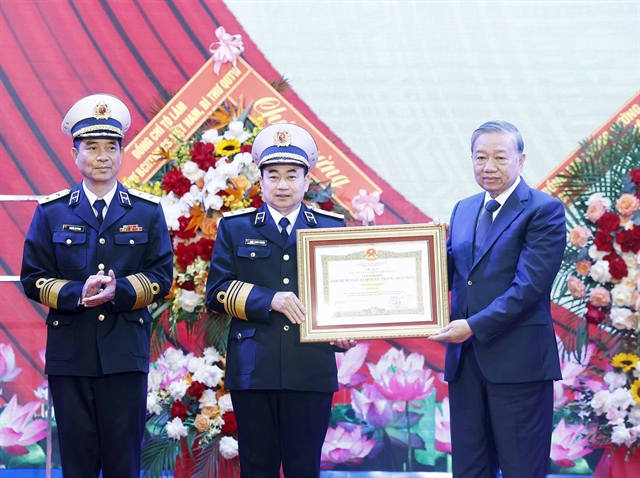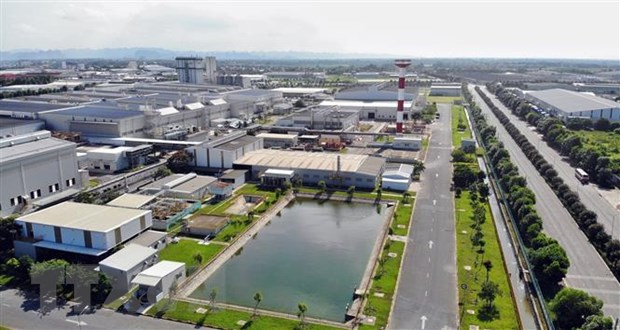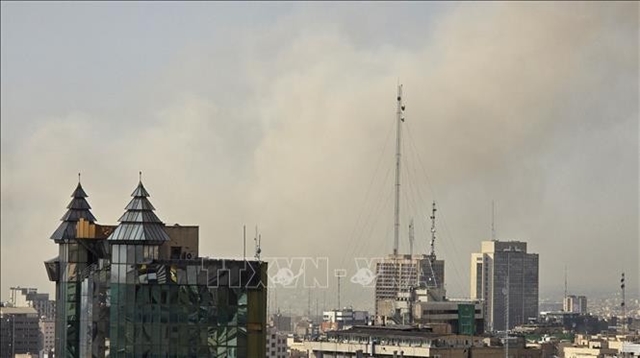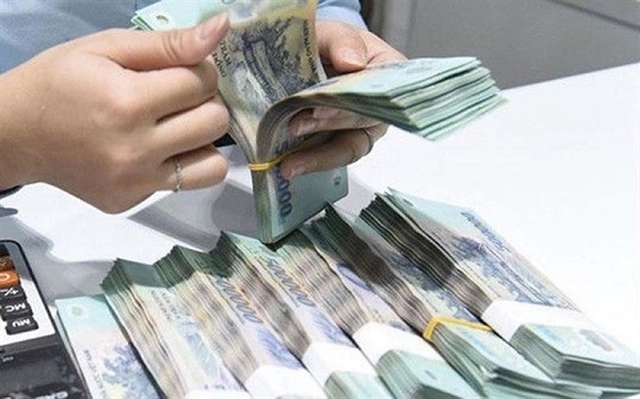 Economy
Economy


|
| An industrial park in the northern province of Hà Nam. VNA/VNS Photo Danh Lam |
HÀ NỘI A number of changes has been proposed to Việt Nam's preferential tax policies by the Ministry of Finance (MoF).
According to the ministry, measures should be taken to reduce costs for businesses and to improve the investment environment instead of tax benefits.
The ministry's proposed changes include a comprehensive review of businesses to put them in different categories based on industries and locations. The ministry said in recent decades, Việt Nam has become one of the most attractive destinations for business investments from most global industries.
Current tax policies, according to the ministry, have played an important role in it.
"Foreign direct investment (FDI) flows into the country has been steadily increasing, despite global economic downturns," said the ministry.
However, the ministry said it's time Việt Nam conducted a review of its current tax policies to encourage investments in less developed parts of the country and focus on key industries, which can help boost national development in the future.
"We observe a vast majority of businesses in only a handful of localities, namely the Mekong Delta and the Red River Delta, while the rest of the country benefits very little from FDI," said the ministry.
In addition, there were overlaps between preferential tax and social policies in many localities, which resulted in a loss to the State's budget. The number of businesses, which are mostly located in rich provinces and cities, that are entitled to tax benefits has been on the rise. In many instances, they have been enjoying the same benefits applied to businesses in less developed parts of the country.
A ministry's report said tax preferential policies are in effect in 54 of 63 cities and provinces, not including high-tech centres and industrial parks.
According to the MoF, even without tax benefits, Việt Nam will likely remain a large investment hub in the region, thanks to key factors including political stability and the government's commitment to promoting business development.
MoF cited international practices in which countries around the world employed tax policies as means to focus on key industries, develop science and technology, encourage start-ups and support development in disadvantaged regions.
The ministry, however, cautioned that any reduction in tax benefits is to be carefully reviewed and considered before implementation as regional competition will likely be fierce. VNS




